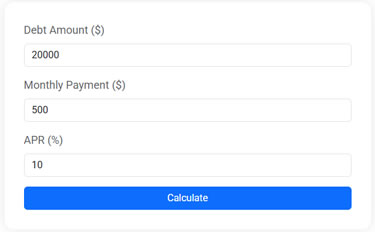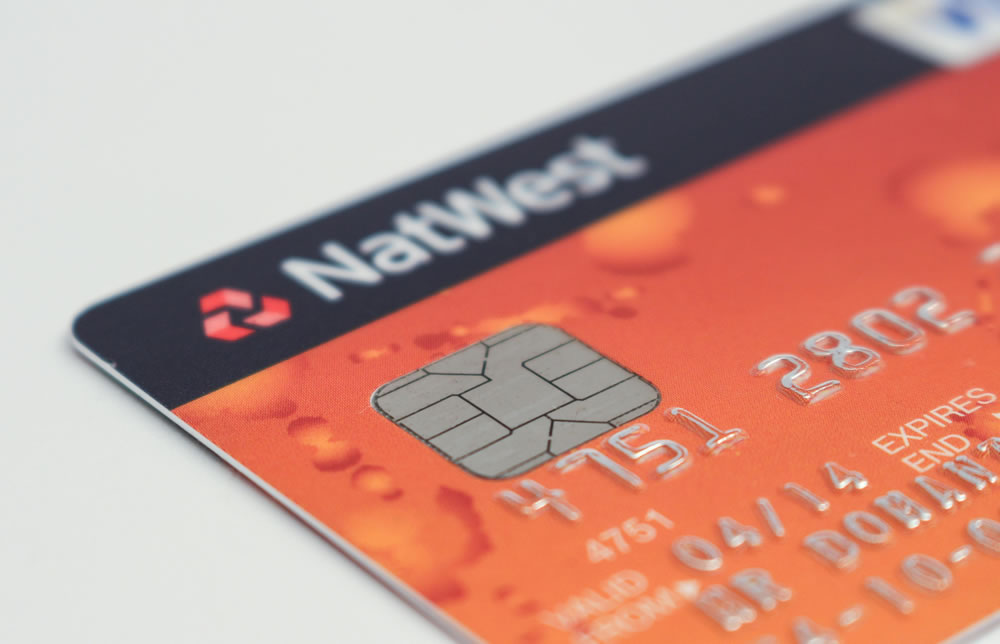How to Build a Strong Financial Foundation through Debt Management

Managing debt is essential for building a strong financial foundation, as it can be a beneficial tool when handled wisely. The process involves understanding your debt, creating a repayment plan using methods like the snowball or avalanche, building an emergency fund, reducing unnecessary expenses, and seeking professional help if needed. By taking these strategic steps, you can effectively manage your debt and work towards a secure financial future.
Debt. It's a word that can send shivers down the spine of even the most financially savvy individuals. Yet, when managed wisely, debt can be a powerful tool in building a robust financial foundation. Imagine debt as a sharp knife—dangerous if mishandled, but incredibly useful when wielded correctly. The trick is learning how to manage it effectively. This isn't just about paying off what you owe; it's about understanding your debt, strategizing your repayment, and making informed financial decisions that support your long-term goals.
In our quest to build a solid financial base, managing debt is as crucial as budgeting or saving. It’s about taking control, rather than letting debt control you. Whether you're juggling student loans, credit card balances, or a mortgage, the steps you take today can pave the way to a more secure and prosperous future. So grab a cup of coffee, settle in, and let's explore how you can harness the power of debt management to build a strong financial foundation.
Understanding Your Debt
The first step in any debt management journey is understanding what you're dealing with. Not all debts are created equal, and understanding the nature of your debt can help you prioritize which to tackle first. For instance, credit card debt often comes with higher interest rates compared to student loans or mortgages. According to a 2022 report by Experian, the average credit card interest rate hovered around 16%, whereas federal student loan rates were significantly lower.
Begin by making a list of all your debts. Include the total amount owed, the interest rate, and the minimum monthly payment for each. This simple act of listing can be surprisingly empowering. It transforms an abstract burden into a series of concrete, manageable challenges. As financial advisor Jane Smith often reminds her clients, "You can't fix what you don't understand."
Creating a Repayment Plan
Once you have a clear picture of your debts, it's time to create a repayment plan. Two popular strategies are the snowball and avalanche methods. The snowball method involves paying off the smallest debts first, providing quick wins that can motivate you to keep going. Dave Ramsey, a well-known personal finance expert, advocates this method for its psychological benefits: "The sense of accomplishment can be a powerful motivator."
On the other hand, the avalanche method focuses on tackling debts with the highest interest rates first, which can save you more money in the long run. This approach is often recommended by financial planners who prioritize mathematical efficiency over emotional wins. Whichever method you choose, the key is consistency. Set up automatic payments to ensure you never miss a due date, and consider making extra payments whenever possible to accelerate your progress.
Debt Payoff Calculator
Plan your financial future by estimating how long it will take to pay off your debt based on your balance, annual percentage rate (APR), and monthly payment. After entering your figures, the calculator determines the number of months needed to fully repay the debt and calculates the total interest paid over time.
Building an Emergency Fund
Before you pour all your resources into debt repayment, it's crucial to build an emergency fund. Life is unpredictable, and unexpected expenses can throw a wrench into even the most meticulously planned budgets. An emergency fund acts as a financial cushion, preventing you from falling back into debt when surprises arise.
Start small. Aim to save at least $1,000 as a starter emergency fund, and gradually work towards saving three to six months' worth of living expenses. According to a 2023 survey by Bankrate, nearly 25% of Americans have no emergency savings, highlighting the importance of this financial safety net. Even if you're focused on debt, setting aside a small amount each month for emergencies can provide peace of mind and financial stability.
Reducing Unnecessary Expenses
A critical part of debt management is freeing up more money to put towards repayment. This often involves trimming unnecessary expenses from your budget. Start by tracking your spending for a month to identify areas where you can cut back. Perhaps those daily lattes could become a weekly treat, or subscription services you rarely use could be canceled.
Financial guru Suze Orman suggests asking yourself a simple question before making any purchase: "Is this a want or a need?" This mindset shift can help you prioritize spending on essentials and debt repayment. Remember, every dollar saved is a dollar that can be used to get you closer to financial freedom.
Seeking Professional Help
If you’re feeling overwhelmed, don’t hesitate to seek professional help. Credit counseling services offer guidance on managing debt, creating budgets, and improving financial literacy. These services are often available through non-profit organizations and can provide unbiased advice tailored to your specific situation.
In some cases, you might consider working with a financial planner or advisor. These professionals can offer more personalized strategies and help you navigate complex financial situations. As the saying goes, "An ounce of prevention is worth a pound of cure." By enlisting expert help, you might avoid costly mistakes and set yourself on a clearer path to financial security.
Managing debt may seem daunting, but with the right strategies and mindset, it's entirely achievable. By understanding your debt, creating a thoughtful repayment plan, building an emergency fund, reducing unnecessary expenses, and seeking professional guidance when needed, you can take control of your finances and build a strong foundation for a secure future. Remember, it's not just about eliminating debt—it's about empowering yourself to make informed, confident financial decisions.








